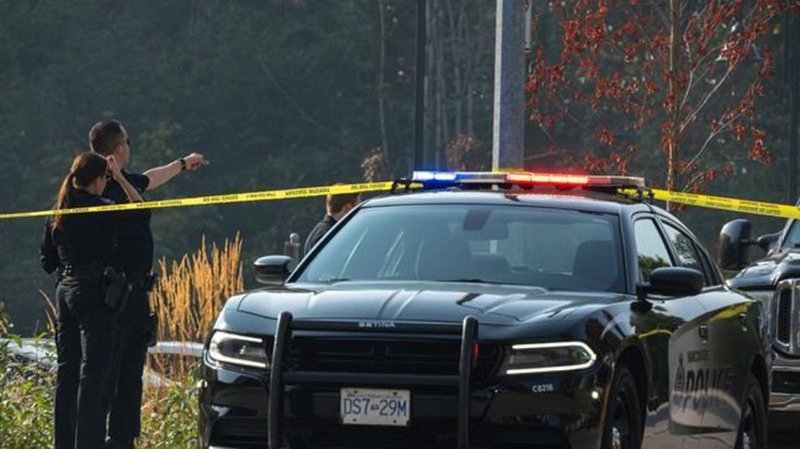
Cops at risk of violence when dealing with mentally ill, homeless: Vancouver officer
VANCOUVER — Police have become de facto social workers for people who lack support services while struggling with homelessness, mental illness and substance use, a spokesman for the Vancouver Police Department says.
Sgt. Steve Addison said the stabbing death of RCMP Const. Shaelyn Yang in Burnaby, B.C., this week has highlighted the fact that officers are increasingly ending up in potentially dangerous situations.
Yang, 31, was working on a mental health and outreach team when she was stabbed at a park where she’d gone with a city employee to notify a man in a tent that he wouldn’t be allowed to keep living there, the Integrated Homicide Investigation Team has said.
Yang shot the suspect before she died, the agency said of Jongwon Ham, 37, who has had surgery and is scheduled to make his next court appearance Nov. 2 on a charge of first-degree murder.


